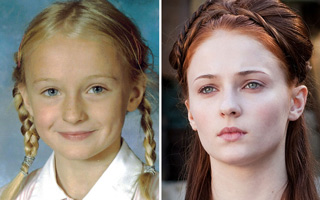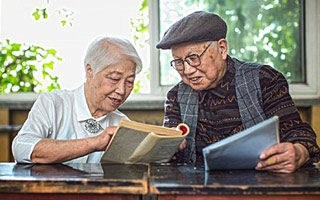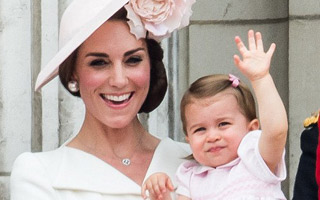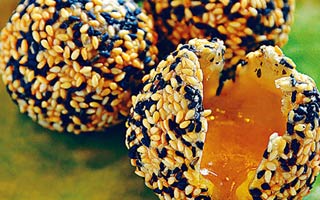Vocabulary: beauty 词汇:美貌
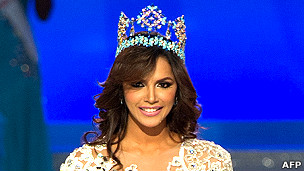
Ivian Sarcos got the Miss World crown in 2011
As the old saying goes, beauty is in the eye of the beholder. But Venezuela, whose beauty queens have won Miss Universe and Miss World over six times, doesn't leave it to chance and girls as young as four can be found attending beauty schools.
There they can learn a range of skills from how to strut down the catwalk, to the correct way to hold a wine glass.
"Hair must always be completely clean, make-up should look natural, and you should always, always wear high-heels," advises Andrea Reyes, a teacher in a school in the suburbs of Caracas with 160 students.
Beauty pageants are treated in Venezuela much as sporting competitions are elsewhere. Many young Venezuelan girls are groomed to compete as parents believe that if they can succeed and get the beauty crown, their future as celebrities and public figures is assured.
Among former beauty queens are Irene Saez, who went on to compete for the country's presidency, and Eva Ekvall, whose battle with breast cancer helped to raise public consciousness about the illness in Venezuela.
收听与下载
But the apparent obsession with beauty has faced some opposition. On one occasion, a feminist group protest interrupted the Miss Venezuela broadcast and President Hugo Chavez has spoken out against the culture of plastic surgery in Venezuela, calling breast enlargements a "monstrous thing".
The BBC reporter Sarah Grainger says that acceptance of the contests is partly a result of the country's 'machista' (meaning macho) view of rigid traditional gender roles, ''where men are supposed to be strong and brave and women to be gentle and delicate''.
Miss Universe 1996, Alicia Machado, knows the price to be paid when you're no longer seen as attractive. After winning the beauty contest, she said all she wanted to do was "eat, eat and eat". Her subsequent weight gain and threat by the organizers of the pageant to replace her as queen with the runner-up was the subject of intense media scrutiny, particularly in Latin America.
Glossary 词汇表 (点击单词收听发音)
- beauty is in the eye of the beholder情人眼里出西施
- beauty queen选美冠军
- to leave (something) to chance听天由命
- to strut down the catwalk走时装秀
- make-up化妆
- high-heels高跟鞋
- beauty pageant选美比赛
- groomed受培训
- public figure公众人物
- to raise public consciousness提高公众意识
- to speak out大声讲
- plastic surgery整形手术
- breast enlargement隆胸手术
- macho有男子气概的
- gender roles男女角色
- attractive有魅力的
- weight gain体重增加
- runner-up亚军









